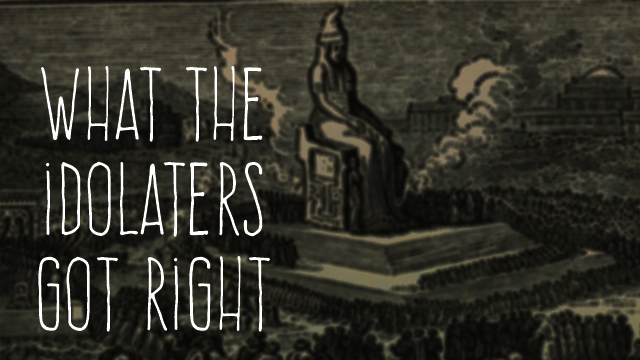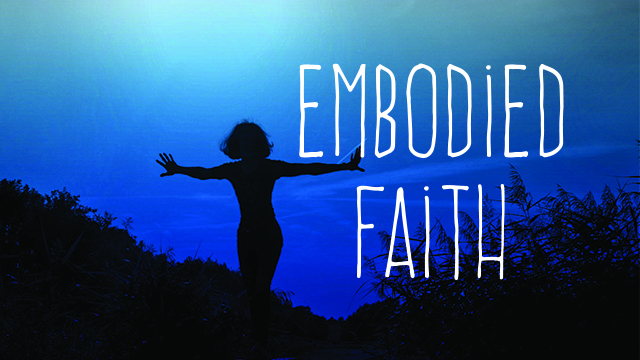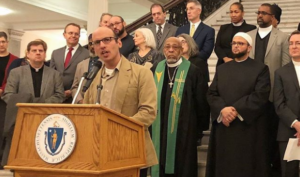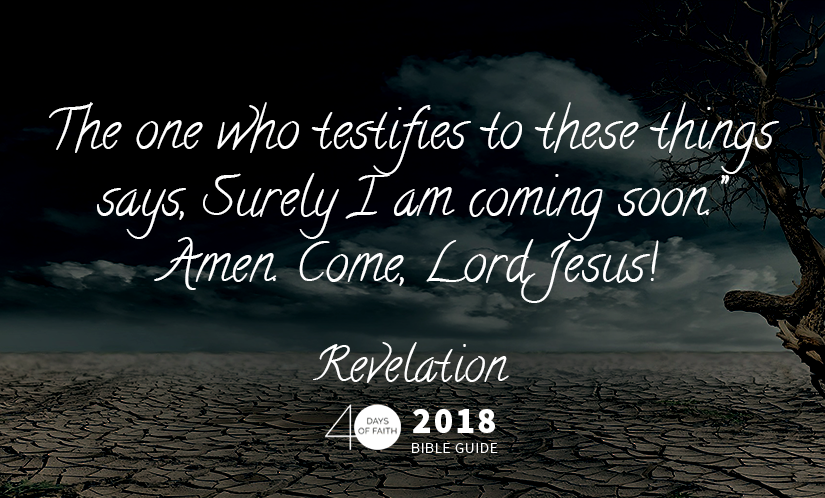Four years ago last month, Michael Brown was shot and lay dead on the streets of Ferguson, Missouri. After spending my adult life immersed in urban education and cross-cultural relationships, I fancied myself a pretty racially aware White man. But Ferguson and the four years since have been an ongoing summons to me to deepen my learning and action around racial justice.
The Black Lives Matter movement, and the writing of Ta-Nehisi Coates, Bryan Stevenson, and others have confronted us with a challenge: we have still not reckoned with the legacy and impact of hundreds of years of chattel slavery in America. Majority culture, in particular, hasn’t come to terms with a historical habit of diminishing the humanity of people of African descent.
Frederick Ware, author of the excellent and accessible African-American Theology, writes in his chapter on nature and science about Black theologians’ and ethicists’ understandings of this reduction of the Black body.
“In the case of African Americans, their history is framed within the context of the struggle to be human…. The moral and religious crisis of chattel slavery and the racial injustices that followed after it were rooted in a body-soul dualism that depicted Blacks as either ‘soulless bodies’ or ‘bodiless souls.’ (189-190)
A soulless body would be a sub-human, a commodity: a body suitable for labor, or entertainment, or imprisonment, but fundamentally both other and lesser. This body would supposedly hold lower capacity for genius or spiritual uplift, and so be less worthy of protection or dignity. This construct would allow a White human to claim ownership of a Black human. It would allow a public to disproportionately fear and imprison Black men as well, or to honor the athleticism of a Black man while diminishing his intellect or off-court achievements.
A bodiless soul would be a person of moral or spiritual value who is only granted that value by ignoring or reducing their embodied existence. A bodiless soul might sound initially less degrading, but it is perhaps equally dehumanizing. It is appreciating the wisdom or care-giving of a Black woman without any interest or acknowledgement in her own children or health. It is warm feeling for a Black artist or preacher, as long as his message is reduced to inspirational quotations, tamed of demands for justice or change.
Bodiless souls and soulless bodies – how diminishing. How did we get here? And how to we get past this?
The long history of White supremacy and racism, rooted in greed and colonialism, is often and well told. Europeans and their American colonizers, eager for economic prosperity, seize lands that they are eager to cultivate and commodify. In a desire to decrease costs and increase profits, they transform the ancient practice of human slavery into chattel slavery. They make peace with their crime through the social construct of race – conjuring up whiteness, inventing blackness.
There’s a spiritual and theological story behind all this, though, that isn’t as often told and examined and then abandoned. It’s the story of disembodied faith.
Disembodied faith separates matters of the spirit from grounded, physical experience. Rooted in Greek philosophy’s matter-spirit dualism, disembodied faith views the human soul and intellect as spiritual and the body’s appetites as carnal. It hopes for the redemption of an invisible human spirit while assuming the destruction of the visible world. It prizes prayer and virtue and explicitly religious culture while ignoring or despising ordinary physical existence and justice and the majority of human endeavors.
Disembodied faith also treats people as bodiless souls. Under disembodied faith, a person’s work and longings and sex and heartbreak aren’t particularly important. What matters is their assent to doctrine, their conversion, and their religious life and character that should follow. This type of faith doesn’t match the testimony of our own human experience that all things matter, that life in our bodies can’t be separated from the life of the soul or the life of the mind.
Disembodied faith also makes it easier to see ourselves or others as soulless bodies. My children have often asked me where in the body we can find the human soul or human spirit. And the answer, of course, on purely material terms, is nowhere. A faith that is only concerned with the salvation of the one part of our being we can’t locate or measure has come to seem irrelevant in our times and is easy to abandon.
By contrast, an embodied faith helps us value and nurture all parts of the human self – ourselves, and everybody else. An embodied faith doesn’t draw false dichotomies between physical and spiritual concerns, body and soul. An embodied faith gives us permission to value, demands we value, the respect and care of all people’s bodies, even as it respects and values the less visible life of the heart and the spirit.










